Micro-credentials in a Minute Episode 17: Compelling Use Cases for Verifiable Credentials
Greetings friends ✨
In service to making the digital badge and micro-credential space more accessible to the broader community, the Micro-credential Multiverse team has launched a series of conversations with industry leaders in the space we’re calling “Micro-credentials in a Minute”.
Each episode of the podcast will be about a minute long and address critical questions on micro-credentials, digital badges, learning pathways, digital wallets, and more!
Introducing Micro-credentials in a Minute
Episode 17: Compelling Use Cases for Verifiable Credentials
Welcome to "Micro-credentials in a Minute," produced by Micro-credential Multiverse.
In this episode, micro-credential and digital badge experts Rob Bajor and Allison Fromm (Proofspace.id) discuss some compelling use cases for Verifiable Credentials (VCs). Allison explains that VCs allow credential holders control over their data and provide a means for anyone to easily verify the accuracy of that data - without compromising security and privacy. The best use cases for VCs are when data holders regularly share their data, and others must verify its accuracy. For example, students need to share their credentials with recruiters, employers, and educational institutions, while specialized employees need to present their accreditation information to employers, regulators, and clients. Allison further highlights the power of VCs in the "issue once; verify repeatedly" model, eliminating the need to contact issuing organizations for sealed transcripts repeatedly. With VCs, the holder can control and present their credentials to anyone, while verifiers can have assurance over the data.
Tune in to learn more about the power of VCs in digital credentials.
Guests
Learn more about our guests
Transcript
Micro-credentials in a Minute: Compelling Use Cases for Verifiable Credentials
Rob Bajor: Hi, my name is Rob
Allison Fromm: and my name is Allison and we are micro-credential and digital badge experts.
Rob Bajor: Thanks for joining me, Allison. Today we're gonna talk about what are some compelling use cases for Verifiable Credentials or VCs.
Rob Bajor: What do you think?
Allison Fromm: Well, verifiable credentials or VCs allow credential holders control over their own data, and they provide a way for anyone to easily verify the accuracy of that data without compromising on security and privacy.
Allison Fromm: So the best use cases are when the holders of the data need to regularly share the data with others, and those others need to verify the accuracy of the data.
Allison Fromm: So, issue once; verify repeatedly.
Allison Fromm: So, for example, students receive credentials about their education and experience that they need to share those over the course of their career with recruiters, with the employers, and even with other educational institutions.
Allison Fromm: Or specialized employees receive accreditation information that they need to present to employers or regulators or clients.
Allison Fromm: So, for example, a tow truck driver needs to present their specialized license to their employer and their insurance company,
Allison Fromm: or a doctor might need to present their board certification to hospitals and patients.
Allison Fromm: So that's a pretty wide range of different types of use cases that work well for verifiable credentials.
Rob Bajor: I think the thing that jumps out to me the most is the sort of issue once verify multiple times. I think that's more indicative of how these types of credentials are actually going to be used rather than simply presenting them one time for a particular opportunity and then forgetting them after the fact.
Rob Bajor: So being able to repeatedly verify without having to get on the phone and like literally contact an issuing organization and getting a sealed transcript. See where I'm going with this.
Rob Bajor: The whole process seems absurd once you're able to unlock the power of something like a verifiable credential that's inherently, digital.
Allison Fromm: And that the holder controls and owns themself and can present to anybody they want. But that verifier can have assurance over the data.
Rob Bajor: Right, exactly. Um, and being able to verify that sort of independently of the original issuing organization, but simultaneously verify that the issuing organization is the one that awarded it.
Allison Fromm: Exactly.
Micro-credentials in a Minute
Check out other episodes of Micro-credentials in a Minute
Micro-credentials in a Minute is also available on a variety of podcast platforms including,
If you enjoyed this article, please consider:
🕊 Following me or my new company Micro-credential Multiverse on LinkedIn.
💌 Subscribing to my newsletter on LinkedIn to get these posts delivered conveniently to your inbox.
🌎 Sharing this article with someone in your network.






























